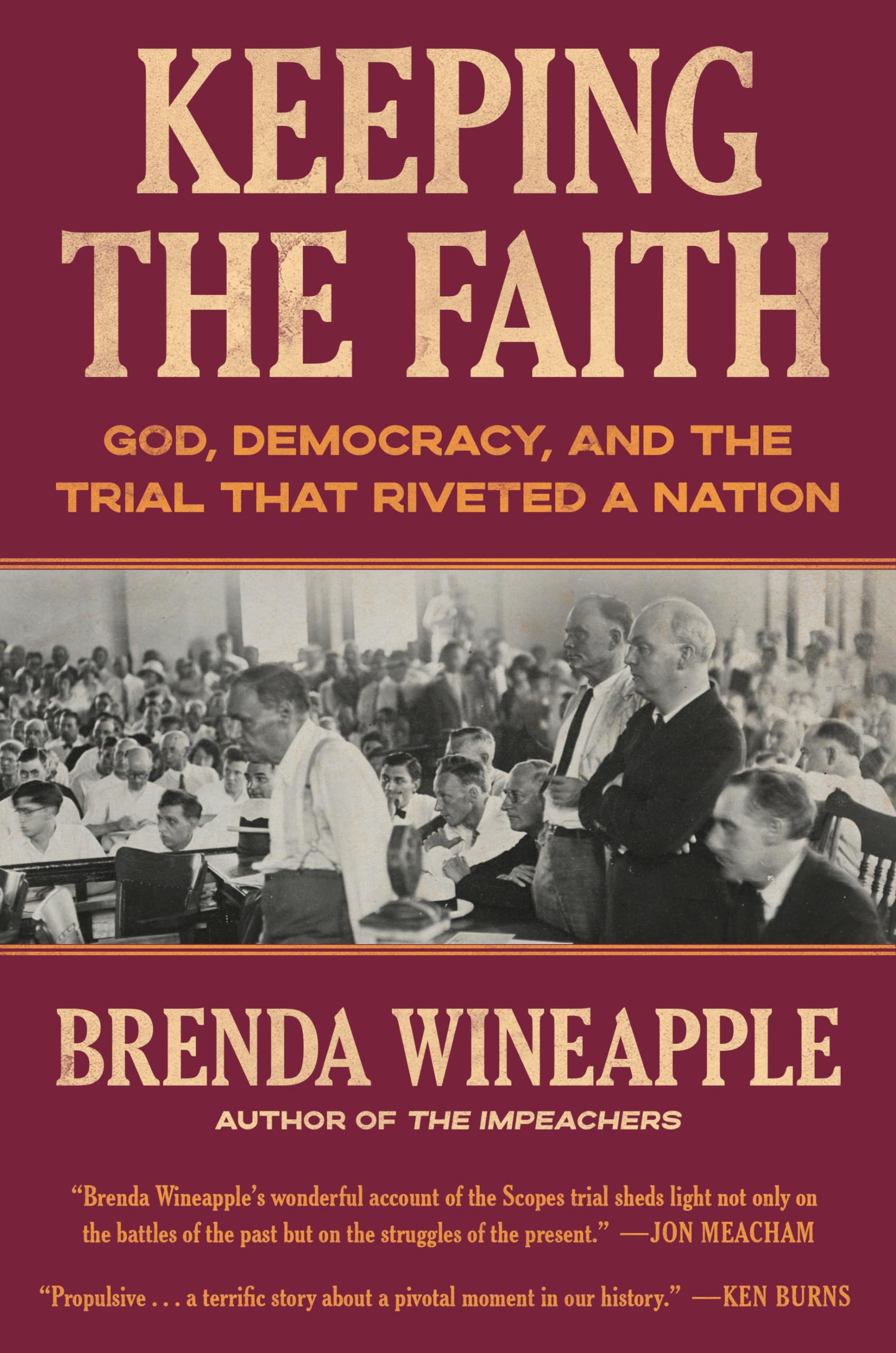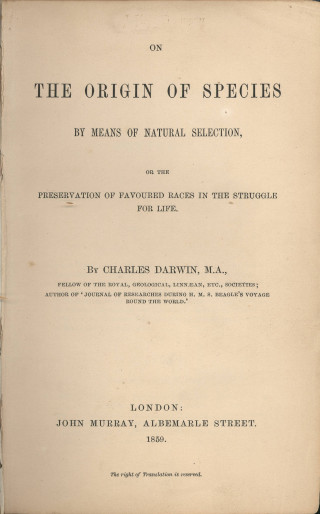These two were men of the nineteenth century, coming to terms with the twentieth in the best ways they knew how. “There is a contest pending today that is not one of religious liberty, but one of economic liberty,” Darrow had declared in 1900. But Darrow was wrong if he thought the fight for religious liberty was over. It was far from over.
To Darrow, religious liberty was connected to all sorts of liberty: the right to speak, to assemble, to write, to work. Like Bryan, he considered himself a descendant of Thomas Jefferson, who believed in the rights and dignity of the mass of ordinary citizens over and above corporations and banks and even government.
But Darrow and Bryan differed in certain respects about what government should control and how it should exercise that control, if at all. They had both pushed for government ownership of such utilities as electricity, but Darrow opposed any intrusion into the conduct of private life. He loathed Prohibition. To Bryan, Prohibition was a public good. And Bryan would have the teaching of evolution outlawed in the same way as the sale and consumption of alcohol had been, likely by constitutional amendment.
Yet both Bryan and Darrow placed their faith in democracy. To Bryan, democracy meant majority rule and states’ rights. The people in each state should decide for themselves, for instance, what should be taught in state-supported schools. That was the irony of Bryan’s progressive spirit. He was the man who stood by the little people, the neglected, the poor and the weak, the man who insisted that women should be allowed to vote. Yet he wanted to make people believe what he believed, by decree if necessary.
To Darrow, there could be no democracy without reason, which is to say, without education and an educated people. For he imagined, or at least he hoped, that people might lead better, he in, more just lives if they knew more. “It was he who was the Great Commoner,” not Bryan, mourned the Black newspaper the Chicago Defender after Darrow’s death. In 1903, Darrow had declared he could envision “a universal republic, where every man is a man equal before his Maker, governor of himself, ruler of himself and the peer of all who live; where none will be excluded; where all will be included.” Though he may not have said so, Darrow did not relinquish this dream, which was not unlike Bryan’s own: the dream of a universal republic, a place where miracles had once taken place and still could. To Darrow, life was a miracle to be preserved; he acted as though it were his duty to preserve it.

